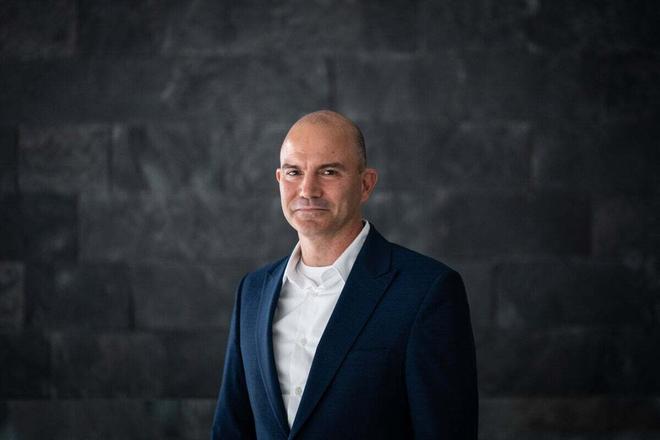Obama saw politics as a relay race where you run a leg and you have to hand the baton to somebody else. But people are impatient, says BEN RHODES, who wrote Barack Obama's speeches, including the one with the slogan Yes, We Can.
After having spent eight years in the White House, he admits that it is also a failure when politicians raise and then fail to live up to high expectations - which was the case with Obama, but also with the current war in Ukraine. We need a dose of realism and we need people to understand that it pays to care about what is happening in their country, Rhodes says in an interview with The Slovak Spectator.
Was the rise of authoritarianism and the far right on both sides of the Atlantic inevitable? How much of it was a failure of leadership to respond to the sentiments among the populations?
Ben Rhodes
American commentator, analyst and writer. Born in 1977.
From 2009 to 2017, he worked in the White House as President Barack Obama's national security adviser and wrote presidential speeches.
In that capacity, he was involved in all of President Obama's key decisions.
He is currently the co-host of the podcast Pod Save the World, a contributor to MSNBC and a senior advisor to Barack Obama, and chairman of the NGO National Security Action.
He has written two books, After the Fall: Being American in the World We've Made and a memoir, The World As It Is.
He came to Bratislava for the Impact Summit organised by the Pontis Foundation.
There are at least a couple of ways in which politicians are responsible. One is not having policies that were responsive enough to issues that were bothering people, like rising inequality inside of societies, education systems that weren't preparing young people for changing economies. Another aspect is the complacency around democracy itself. I remember a good line that Matteo Renzi once said in a meeting with Obama: To our grandparents' generation, the European Union was about preventing another war, to our parents' generation, the European Union was about unifying the continent around freedom and democracy. But to young people today, it's just this bureaucracy in Brussels. Nobody was out defending the European values and sometimes you have to make the case for democracy. You can't just take for granted that that's what people want.
Perhaps we weren't ready for the uncertainty that the 21st century has brought, especially with AI now. You can't even believe what you see anymore. Meanwhile, authoritarian leaders offer certainty to people. What can democratic politicians offer as an alternative?
I think you're right. There is so much technological change, first with the Internet, then with social media, now AI coming. People are very uncertain about the future. And when you're uncertain about the future, you want to fall back on the familiar. You know when things are changing really fast, the temptation is "I want to be in my tribe", whether it's nationality or religion, something familiar in terms of identity.
And I blame elites. Because if you go to Davos or any one of these big international gatherings - and I've been to some of them, thankfully, I have never been to Davos - people seem totally out of touch. They say globalisation is good and free trade is good and we have to trust the market. Those people are totally out of touch, they are all getting rich and they are all comfortable, flying around to these conferences.
There was a real failure to understand that that people aren't stupid. People are angry. People see that the system is not working for them and the system doesn't have answers about the future. There's a policy answer to that and the values answer to that. You can come up with new policy approaches in the world of AI and potential job dislocation. We need to talk about whether there needs to be a universal income, about different education systems to prepare people for different types of employment and different types of career changes. But some of it is also about trying to meet people where they are and speak to the sense of uncertainty that people have.
One of the better slogans in recent years there was on the populist side was Brexit, which I thought was obviously a terrible idea. But the slogan was Take Back Control. It's a very good slogan because that's how people feel. And the easiest way to get control is to blame somebody else. But that does not solve the problem of the future. It's not going to prepare young people for AI.
Speaking of slogans, you came up with Obama’s Yes, We Can slogan. Does something like Yes, We Can still have the potential to mobilise people?



 Ben Rhodes (source: Sme - Jozef Jakubco)
Ben Rhodes (source: Sme - Jozef Jakubco)